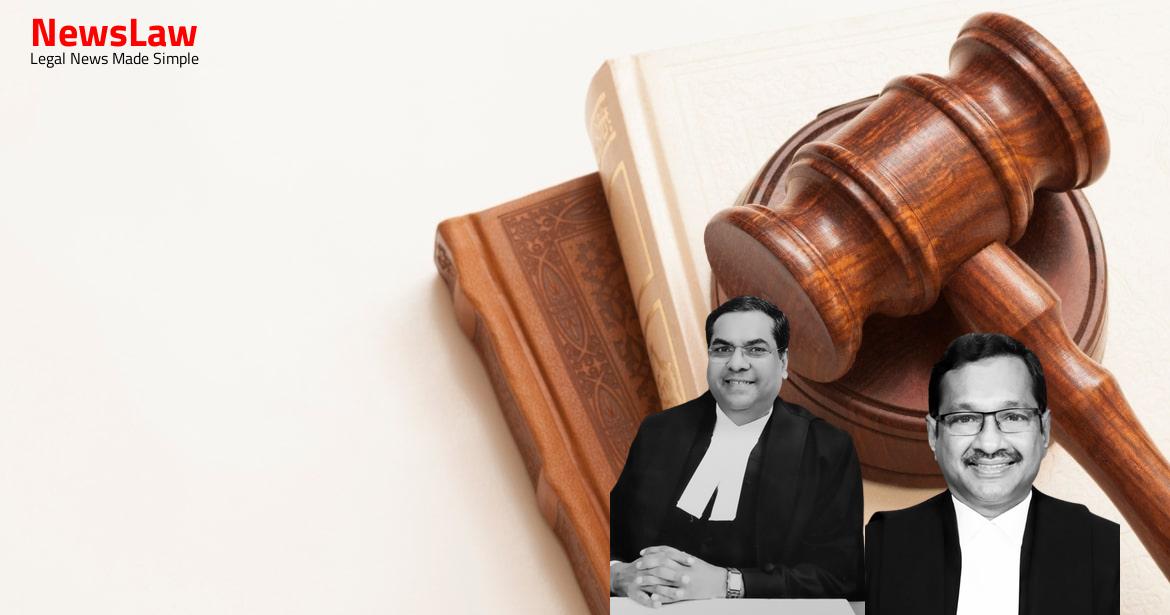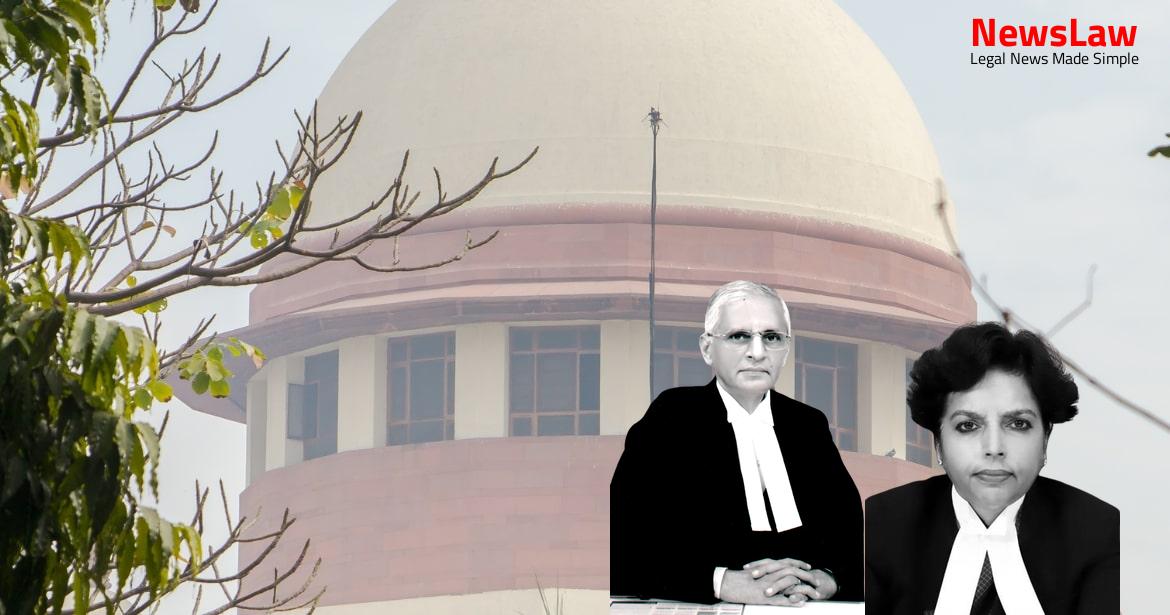Delhi, Chief Manager Jotun India Pvt.
Also Read: https://newslaw.in/case-type/civil/inherent-jurisdiction-and-invalid-decree-a-case-summary/
through Chief Manager Jotun India Pvt. 2 – complainant, states that the complaint was directed against: (a) Manager, JIPL, having its office at Saket District Centre, New Delhi; (b) Chief Manager, JIPL, having its office at Andheri East, Mumbai; (c) Jotun S/S Hystadveien, Sanddefjord, Norway ; and (d)
Orkala ASA Nedre Skoyen vei, Norway.
2 – complainant, Ghaziabad, Uttar Pradesh, had entered into dealership agreements, for supply and purchase of decorative paints in the State of Uttar Pradesh and Delhi region respectively. The private complaint filed by respondent no.2- complainant accepts the factum of commercial relationship between the parties, and states that the agreements dated 20 March 2012, 30 January 2013, and 16 May 2014 were executed. 580251 drawn on the Bank of Baroda and 003251 drawn on HDFC Bank as security when they had executed the agreements dated 20 March 2012 and 30 January 2013. 2 – complainant and issue bills in their name, without asking them. Dhiraj and Saurabh Gaur of JIPL had also forged a bill of Rs. 2 – complainant had thereupon informed JIPL on 13 July 2015 and 19 August 2015 that 242 buckets of 20 litres and 4 litres were available and should be taken back and adjusted against the outstanding amount. 6,37,252.16p., shown as outstanding amount due and payable by respondent no. Thereafter, JIPL started selling goods to third parties showing that the goods were being sold to respondent no. When the issue was raised, JIPL had asked them to keep the goods, and they would take the goods later.
2 – complainant had invoked Sections 405, 420, 471, and 120B of the IPC. However, by the order dated 19 July 2018, summons were directed to be issued only under Section 406 of the IPC, and not under Sections 420, 471 or 120B of the IPC.
Although the summoning order dated 19 July 2018 does not deal with these sections of the IPC, we deem it imperative to examine the ingredients of the aforesaid sections, and Section 406 of the IPC, and whether the allegations made in the complaint attract the penal provisions under the relevant sections of the IPC. For Section 405 of the IPC to be attracted, the following have to be established: (a) the accused was entrusted with property, or entrusted with dominion over property; (b) the accused had dishonestly misappropriated or converted to their own use that property, or dishonestly used or disposed of that property or wilfully suffer any other person to do so; and (c) such misappropriation, conversion, use or disposal should be in violation of any direction of law prescribing the mode in which such trust is to be discharged, or of any legal contract which the person has made, touching the discharge of such trust. A mere wrong demand or claim would not meet the conditions specified by Section 405 of the IPC in the absence of evidence to establish entrustment, dishonest misappropriation, conversion, use or disposal, which action should be in violation of any direction of law, or legal contract touching the discharge of trust.
In order to apply Section 420 of the IPC, namely cheating and dishonestly inducing delivery of property, the ingredients of Section 415 of the IPC have to be satisfied.
Thus, the sine qua non of Section 415 of the IPC is “fraudulence”, “dishonesty”, or “intentional inducement”, and the absence of these elements would debase the offence of cheating.
Further, to constitute the offence under Section 471 of the IPC, it has to be proven that the document was “forged” in terms of Section 470, and “false” in terms of Section 464 of the IPC. As per Section 464 of the IPC, a person is said t o have made a ‘false document’: (i) if he has made or executed a document claiming to be someone else or authorised by someone else; (ii) if he has altered or tampered a document; or (iii) if he has obtained a document by practising deception, or from a person not in control of his senses. The bill/invoice is not doubted as ‘ forged ’ or ‘ fa lse’ within the meaning of Sections 470 and 464 of the IPC. Pre-summoning evidence does not help and make out a case predicated on this bill/invoice. 2 – complainant supplied the goods, instead of GST, VAT as applicable in Delhi would have been levied, as respondent no.
2 – complainant would not be liable, had Manav Rachna International failed to pay.
Also Read: https://newslaw.in/case-type/criminal/conviction-upheld-for-murder-and-concealment-of-body/
It is evident from the pre-summoning evidence led and the assertions made in the criminal complaint that the dispute raised by respondent no. Unless the ingredients of aforesaid Sections of the IPC are fulfilled, the offence under Section 120-B of the IPC, for criminal conspiracy, would not be made. The demand, even if assumed to be wrong, would not satisfy the ingredients of Section 405, or Sections 420 or 471 of the IPC, so as to justify the summoning order. Pertinently, this Court, in a number of cases, has noticed attempts made by parties to invoke jurisdiction of criminal courts, by filing vexatious criminal complaints by camouflaging allegations which were ex facie outrageous or pure civil claims. Even though at the stage of issuing process to the accused the Magistrate is not required to record detailed reasons, there should be adequate evidence on record to set the criminal proceedings into motion. Summoning without appreciation of the legal provisions and their application to the facts may result in an innocent being summoned to stand the prosecution/trial. The order sheet of the trial court enclosed with the appeal reveals that notwithstanding that the summoning order was limited to unnamed Manager and Chief Manager of JIPL, the Additional Chief Judicial Magistrate had deemed it appropriate to issue non-bailable warrant. We must also observe that the High Court, while dismissing the petition filed under Section 482 of the Code, failed to take due notice that criminal proceedings should not be allowed to be initiated when it is manifest that these proceedings have been initiated with ulterior motive of wreaking vengeance and with a view to spite the opposite side due to private or personal grudge. No 31828 of 2019; the summoning order dated 19 July 2018 in the Complaint No 3665 of 2017 and the order issuing non-bailable warrant dated 3 June 2019 in the above complaint passed by the Additional Chief Judicial Magistrate, Court No 8, Ghaziabad, Uttar Pradesh are set aside and quashed.
Case Title: DEEPAK GABA Vs. STATE OF UTTAR PRADESH (2023 INSC 1)
Case Number: Crl.A. No.-002328-002328 / 2022



